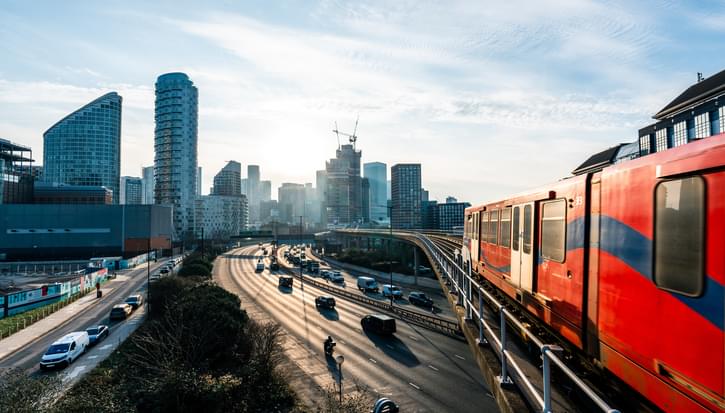
Prosperity and justice: A plan for the new economy - IPPR Commission on Economic Justice final report
Article
Prosperity and Justice argues that the economy is not working for millions of people and needs fundamental reform. Average earnings have stagnated for more than a decade; young people are set to be poorer than their parents; the nations and regions of the UK are diverging further. Many of the causes of the UK’s poor economic performance – particularly its weaknesses in productivity, investment and trade – go back 30 years or more. Fundamental reform has happened twice before in the last century following periods of crisis – with the Attlee government’s Keynesian reforms in the 1940s and the Thatcher government’s free market reforms in the 1980s. Ten years after the financial crash, change of this magnitude is needed again.
The report argues that a fair economy is a strong economy: prosperity and justice can, and must, go hand-in-hand. But it is not sufficient to seek to redress injustices and inequalities simply by redistribution. They need to be tackled at source, in the structures of the economy in which they arise. Economic justice needs to be ‘hard-wired’ into the way the economy works.
Setting out a wide-ranging and integrated ten-part plan for economic reform, the report argues for a new vision of the economy and a rebalancing of economic power. Together, its more than 70 recommendations offer the potential for the most significant change in economic policy in a generation.
The report has a separate executive summary - read it here.
Prosperity and Justice: A Plan for the New Economy is published as a book by Polity Press in association with IPPR and is available in bookshops or can be ordered online.
Related items

Simply about supply? How housing issues vary by region
Why we need a place-informed approach to deliver new homes across the country.
Planes, trains and automobiles: How green transport can drive manufacturing growth in the UK
Transport is essential to our lives. Unfortunately, it is currently also the largest source of UK domestic carbon emissions.
Harry Quilter-Pinner on BBC news discussing the Spring Statement